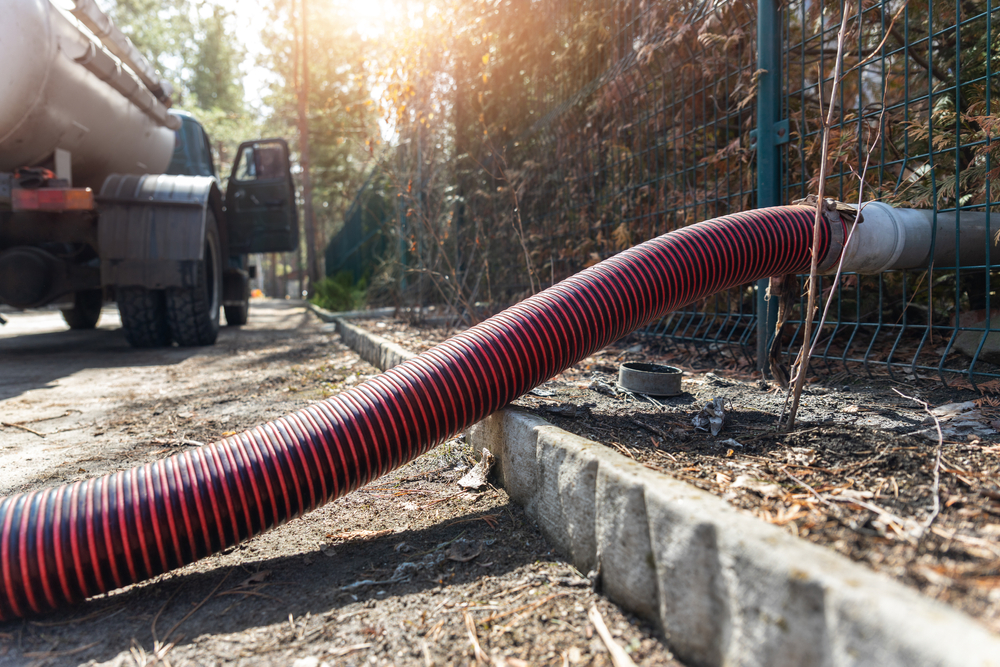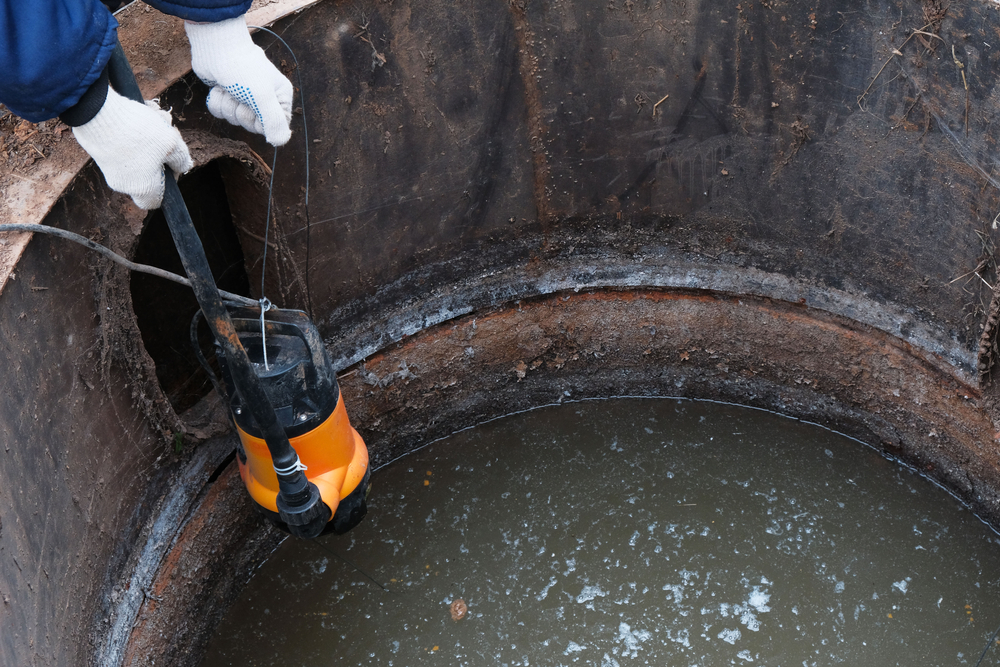
If you own a property with a cess pit, you don’t have the luxury of forgetting it’s there. It’s not connected to the mains sewer, which means every drop that goes in stays in until you arrange for it to be emptied. And leaving it too long isn’t just inconvenient. It can be illegal, dangerous, and eye-wateringly expensive.
Here’s exactly how often you need to empty a cess pit in the UK, what factors affect frequency, and why it’s better to act early than wait for signs of trouble.
A cess pit (sometimes called a cesspool) is a sealed, underground tank that collects all waste from your property. Unlike a septic tank, it doesn’t treat or discharge any liquid; it’s purely a holding chamber. This means it fills up quickly and must be emptied frequently by a licensed waste carrier.
It’s still legal in the UK to have a cess pit, but they’re mostly used in rural areas where mains sewage isn’t available, and where the ground conditions make soakaways or drainage fields impractical.
The simple answer: as often as necessary to stop it overflowing. For most domestic cess pits, that means every 4 to 8 weeks.
However, no fixed frequency applies to everyone. It depends on several key factors that affect how quickly your cess pit fills up.
The size of your cess pit plays a major role. Most domestic tanks range from 18,000 to 45,000 litres. A larger tank can obviously hold more waste, which means it can go longer between emptying, though this only helps if you’re monitoring it properly.
Next is how many people live in the property. The more occupants you have, the faster your tank will fill. A cess pit serving a family of five will need emptying far more often than one used by a single person.
Water usage is another important factor. Households that frequently use showers, dishwashers, washing machines, or have long baths will naturally produce more wastewater, filling the tank at a faster rate.
Lastly, the type of tank matters. Some older cess pits are smaller and may not be built to modern standards. These systems typically require more frequent emptying and closer monitoring to avoid overflow or failure.
To stay compliant, you should monitor the level regularly. Modern tanks usually have an alarm or inspection hatch that makes this easier. If you don’t know your tank size or usage rate, assume the worst and start with monthly emptying.
Under UK law, cess pits must not overflow. They must be:
If your cess pit overflows, you could be in breach of the Environmental Protection Act 1990 and the Water Resources Act 1991. Offences under these laws can result in prosecution, fines, or enforcement notices from the Environment Agency or local council.
You’re also required to keep records of each emptying and disposal as these can be requested by authorities at any time.

It’s not just about smell. Letting a cess pit overflow or reach critical levels can cause:
If you’re relying on visual checks, you’re already cutting it too close. Overflowing cess pits don’t give much warning, and by the time you notice a smell or slow drainage, it could be too late.
We always recommend a preventative schedule, not a reactive one. In many cases, homeowners call us after a problem has already occurred; often at night or on weekends, when emergency callout rates apply.
Scheduling routine visits every 4–6 weeks is the safest option for an average household. Larger homes or multi-occupancy properties may need more frequent emptying.
If you want a rough idea of how often your cess pit should be emptied:
Example:
A 20,000-litre cess pit with 4 people using 142L/day each = 568 litres/day usage.
20,000 ÷ 568 = around 35 days.
So you should empty it every 4–5 weeks to be safe.
And remember, you should never let the level rise beyond 75% of the tank’s capacity.

Cess pits must be emptied by a licensed waste disposal company with the proper certification to handle hazardous waste. Never attempt to empty one yourself.
At FS Drainage, we provide fast, compliant cess pit emptying for domestic and commercial clients across London and the South East. Our team is trained to handle even the messiest jobs with minimal disruption. We also provide ongoing maintenance, inspections, and repairs if needed.
If your tank needs emptying now or you’re unsure when it was last serviced, call us immediately to avoid potential damage.
Costs vary based on the size of the tank and access, but in general:
Many customers choose to book recurring visits at a fixed rate. This not only saves money but also prevents the risk of urgent issues. It’s worth comparing prices, but make sure whoever you choose is properly licensed and experienced with cess pit systems.
If you’re relying on signs like smells, slow drains, or wet patches in the garden to know when to empty your cess pit, you’re waiting too long.
Schedule it, track it, and make it part of your routine property maintenance, just like boiler servicing or roof checks. It’s cheaper, safer, and far less stressful than dealing with a full-blown overflow.
And if you're in London or the South East, we can take the hassle off your hands entirely. One call to FS Drainage and we’ll handle the whole thing. Book a call today.
